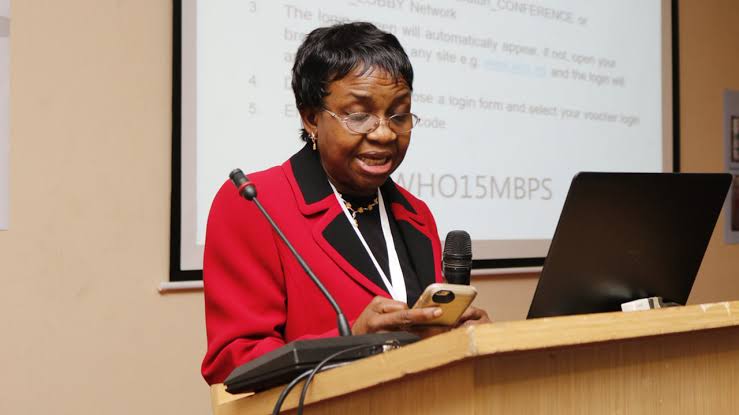
The Socio-Economic Rights and Accountability Project (SERAP) has filed a lawsuit against the Nigerian National Petroleum Company Limited over the “failure to account for and explain the whereabouts of the alleged missing $2.04 billion and N164 billion oil revenues.”
This, according to SERAP, followed the allegations documented in the recently published 2020 audited report by the Auditor-General of the Federation that the NNPC; failed to remit the money into the Federation Account, saying that the money may have been diverted.
This was disclosed in a statement signed by the Deputy Director of SERAP, Kolawole Oluwadare, and made available to the media on Sunday.
In the suit number FHC/ABJ/CS/549/2024 filed last Friday at the Federal High Court in Abuja, SERAP is seeking “an order of mandamus to direct and compel the NNPC to account for and explain the whereabouts of the missing USD$2.04 billion and N164 billion oil revenues, as documented in a report by the Auditor-General.”
In the statement, SERAP urged the NNPCL to “hand over suspected perpetrators to the Independent Corrupt Practices and Other Related Offences Commission (ICPC) and the Economic and Financial Crimes Commission (EFCC) for investigation and prosecution,” and “ensure the full recovery and remittance” of the missing funds into the Federation Account.
The organisation noted that the failure to account for the missing oil revenues reflects the nation’s oil giant’s “continuing failure to uphold the principles of transparency and accountability,” adding that it’s a “grave violation of the provisions of the Nigerian Constitution 1999 [as amended],” among others.
SERAP condemned the missing oil revenues, lamenting that “had the NNPCL and its subsidiaries accounted for and remitted the disappeared public funds into the Federation Account, it is likely that more funds would have been allocated to the fulfillment of economic and social rights of Nigerians, such as increased spending on public goods and services.

 News3 months ago
News3 months ago
 Entertainment1 month ago
Entertainment1 month ago
 Entertainment1 month ago
Entertainment1 month ago
 News3 months ago
News3 months ago




















